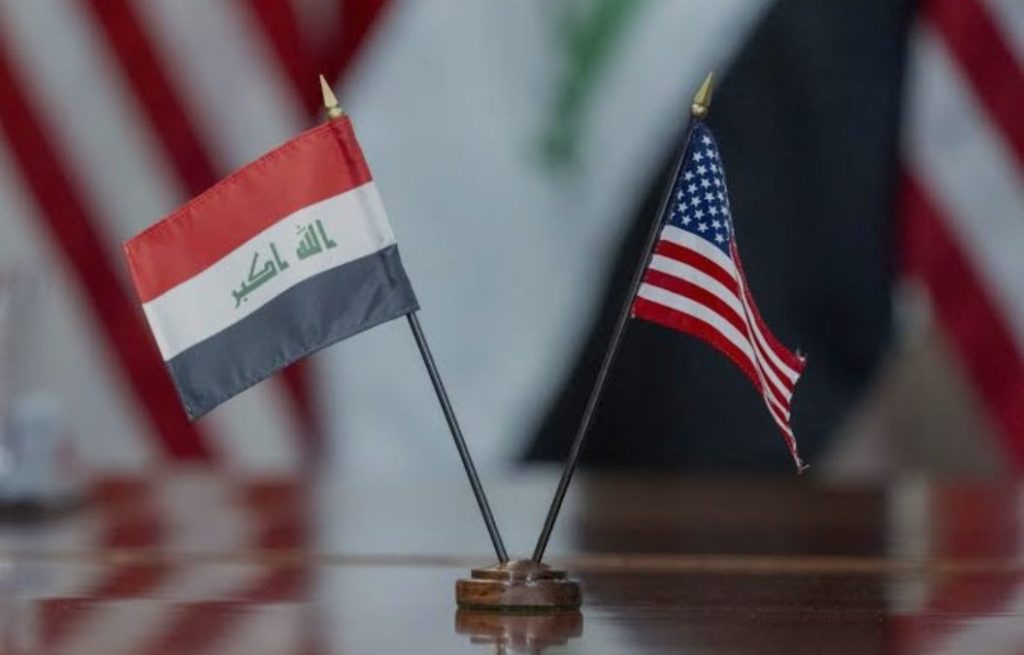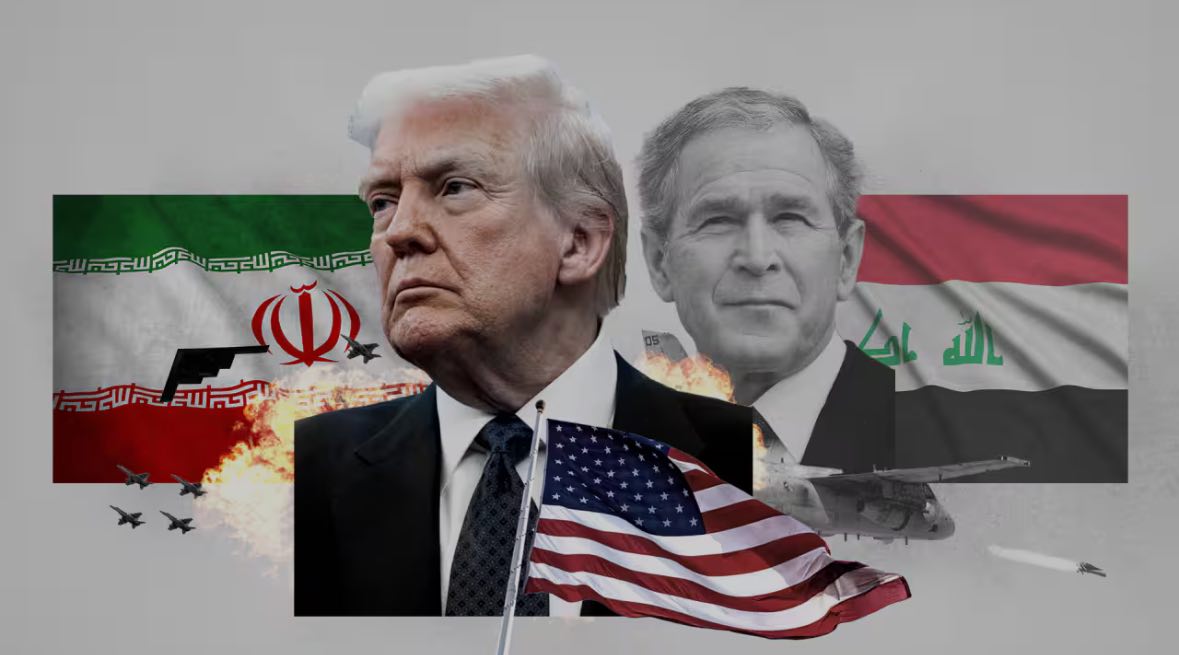America’s Educational Diplomacy: Intellectual Recruitment in Iraq
America’s Educational Diplomacy: Intellectual Recruitment in Iraq
According to IranGate News Agency, Iraq is on the brink of its seventh parliamentary election, scheduled to take place on November 11, 2025. Observers consider this election one of the most crucial political events in the last two decades of the country.
This election is happening just months after the twelve-day war between Iran and Israel and indirect conflicts with the United States, a situation that has made the balance of power between parties supporting the resistance axis and those close to Washington more sensitive than ever.
Alongside this geopolitical challenge, internal crises such as widespread corruption, unemployment, and public distrust have cast a shadow of uncertainty over the future of public participation in the elections and the path of political developments in Iraq.
The seventh parliamentary election in Iraq, set for November 11, 2025, is occurring amidst a complex field of regional rivalries, social discontent, and internal structural crises.
Only a few months have passed since the twelve-day confrontation between Iran and Israel, with the United States playing a significant role in regional developments. This tension has divided Iraq’s political scene into two rival blocs: parties close to the resistance axis and those with support or backing from the United States.
In such an environment, identity and security discourses have once again taken center stage in electoral competitions, and everyday economic and livelihood issues have somewhat been overshadowed by regional conflicts.
On the social level, however, deeper crises are evident. Widespread corruption, inefficiency of government institutions, high unemployment rates, and weak public services, especially in marginalized areas and southern and western provinces, have caused despair to take root among social classes, particularly the youth.
Demographic statistics in the report indicate that youth constitute about 35% of the population, and nearly 72% are eligible to vote. The lack of widespread participation from this group could undermine the legitimacy of the elections and tilt the composition of the future parliament in favor of traditional groups or economically powerful elites.
Political analysts warn against the entry of traditional parties and figures into the electoral arena without structural reforms and the presentation of tangible solutions.
The repetition of leaders and similar programs, along with the absence of alternative discourse and real advancements in the field of reforms, not only reduces the motivation for participation but also increases the risk of rising distrust towards government institutions and political legitimacy.
On the other hand, the weakness of the public and higher education system—vulnerable due to corruption, insecurity, and misalignment with labor market needs—has limited the ability to prepare a new generation of capable and technocratic leaders to govern the country.
In this context, the role of foreign actors has become more prominent. Regional observers and some domestic analysts believe that the United States and other international players are exploiting governance gaps, using educational diplomacy and cultural-educational programs as a means to strengthen their soft influence. These programs, implemented from preschool to university level and in non-governmental institutions, can facilitate the cultivation of networks of elites interested in Western values and models.
However, it should be emphasized that the extent and scope of this influence and its impact on political decision-making is a contentious issue, with differing analyses regarding its long-term consequences.

The issue of access to education and the high costs of private institutions is also a politico-economic matter, as a large segment of the population cannot afford the costs of this type of education. Education based on foreign resources can primarily benefit the affluent classes, exacerbating social divides—a divide that makes the production of political representatives disconnected from the realities of the lower classes more likely.
Critics say such a trend might lead to the emergence of forces pursuing foreign economic and political interests in a way that conflicts with nationalist views and resistance movements.
The regional and security implications of the elections are also of great importance. The composition of the next parliament and the future government’s policies towards Iran, the composition of popular armed forces including the legal and political status of the Popular Mobilization Forces, and Iraq’s oil-economic policies can play a decisive role in the balance of power in the Middle East.
In the short term, the election results could determine the path of economic and diplomatic relations with Iran and other neighbors, and in the long term, reflect the country’s orientation in response to pressures and proposals from foreign players.
Despite these challenges, solutions to enhance participation and increase the legitimacy of the electoral process are conceivable. Transparency in the registration and vote counting process, the presence of credible international observers, reforms in election law to reduce the role of money and informal influences, and serious programs to engage youth, including civic awareness, facilitating voter registration for young people, and offering tangible economic policies for employment, are among the measures that could prevent a demographic flight from the ballot box.
Furthermore, empowering independent media and civil society to monitor and report on the election process could help increase public trust.
Ultimately, the November 11, 2025 elections are more than just an internal competition; they are a test of Iraq’s ability to move beyond the cycle of political inefficiency and reproduce stable and accountable leadership.
The outcome of this competition will not only determine the composition of the future parliament and government but could also shape the horizon of regional relations and the path of socio-economic development in the country for years to come.
Although widespread non-participation or the repetitive presence of figures and programs increases the risk of political deadlock and heightened social discontent, reform mechanisms and public will can create shortcuts for restoring trust and socio-political reconstruction—a challenge whose answer lies in the hands of Iraqis themselves and their future leaders.

